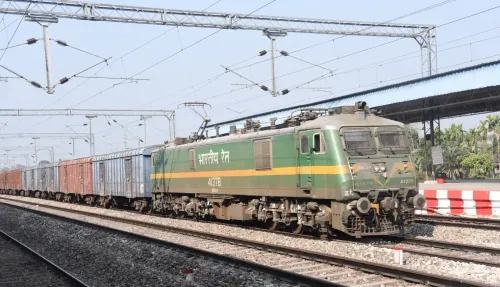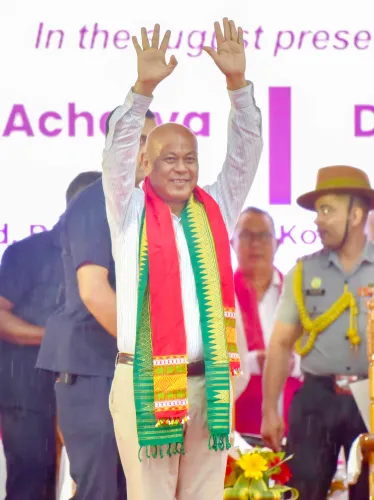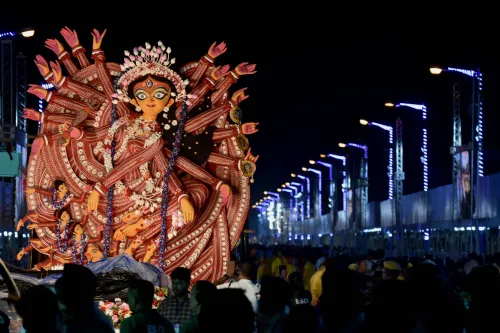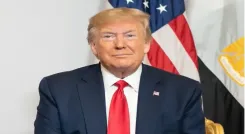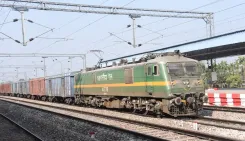Is the US in Danger of Losing India as a Strategic Partner in the Indo-Pacific?

Synopsis
Key Takeaways
- Trade tensions risk damaging the India-US relationship.
- US actions may cause India to question its partnership with the US.
- India's independent foreign policy is a core interest.
- There are alternative markets for Indian exports amid US tariffs.
- Optimism remains for restoring the partnership despite challenges.
Washington, Aug 8 (NationPress) Christopher Padilla, a former Undersecretary of Commerce for International Trade and a seasoned foreign policy expert, has issued a stark warning that the current trade disputes might jeopardize the long-term viability of the India-US partnership.
"I am troubled that in addressing short-term concerns, we are jeopardizing this invaluable relationship," Padilla stated in an interview with IANS.
He expressed apprehension that there would be a lasting impact from US actions in India, potentially causing a reevaluation of the US as a dependable ally.
"From my extensive experience collaborating with Indian colleagues, I know that these grievances will linger. Labeling India, one of the world's fastest-growing economies, as a 'dead economy' is counterproductive," he emphasized.
Padilla, who held office during the George W. Bush administration and currently serves as a Senior Advisor at Brunswick, a global advisory firm, pointed out that the present crisis is largely a result of actions taken by former President Donald Trump that conflict with India's core interests, particularly the pressures regarding agriculture and dairy sectors alongside New Delhi's independent foreign policy.
"The challenge of liberalizing the agricultural market, considering the structure of the Indian economy, is a fundamental concern, as is the autonomy of Indian foreign policy," he told IANS.
Regarding the potential ramifications of US tariffs on Indian exports, Padilla remarked that it would be a painful process, but Indian exporters might find alternative markets.
"For key Indian exports, such as precious stones and textiles, there are other markets available. Discussions around iPhones manufactured in India highlight that while they may not be sold in the US, there exists a global market for them," he mentioned.
He also noted that India's longstanding relationship with Russia has been a consistent source of tension in US-India relations; however, Washington had previously accepted this for the broader strategic significance of India in countering China. That strategy, however, is currently undergoing substantial changes.
Padilla expressed astonishment over the favorable treatment the US is currently extending to China compared to India.
"We find ourselves in a peculiar situation where the crucial strategic partnership between the US and India is suffering significant setbacks, while simultaneously, the US is making apparent concessions to its most significant global competitor," he remarked to IANS.
On the potential for US coercion to push India closer to Russia and China, he acknowledged that there are inherent contradictions in the foreign policy interests of these three nations but stressed that it is not in the US's best interest to drive countries toward closer collaboration.
Having played a role in the civil nuclear deal and trade negotiations with India in the mid-2000s, Padilla asserted that Washington's heavy-handed tactics that may have succeeded elsewhere would not work with New Delhi.
"India is a dynamic democracy, something I've recognized through my long engagement with the country. We are not dealing with a smaller nation in Latin America or Southeast Asia that might be more inclined to compromise on fundamental interests," he pointed out.
Looking forward, the former US official acknowledged that it would be challenging for both nations to de-escalate tensions, but he remained optimistic that it is achievable.
"We have two decades of a robust relationship. There exists a solid foundation of shared interests. I am hopeful that tensions will ease. There are greater stakes involved than just trade and dairy products," he concluded.
Padilla wrapped up with a cautionary note: "Prepare for a bumpy ride, as we are unlikely to see a return to normalcy in the next three and a half years; the only certainty is more uncertainty."

